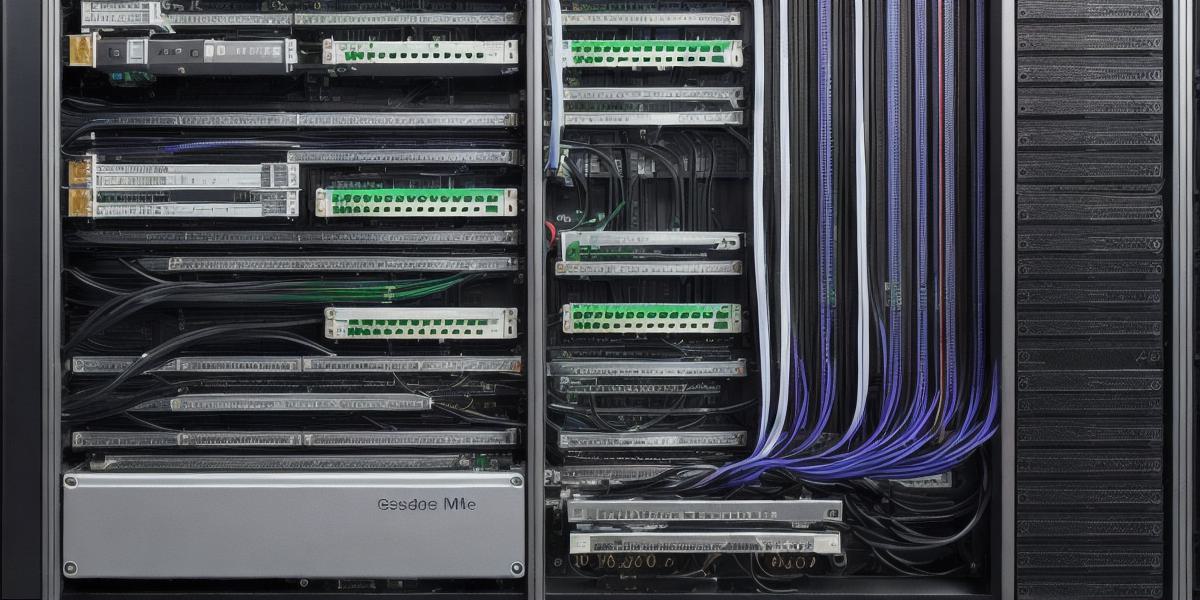The Essential Role of Servers in Educational Institutions: A Guide for Programmers

Introduction:
In today’s fast-paced digital world, the importance of servers in educational institutions cannot be overstated. From managing student data to providing access to online resources, servers are crucial components of modern education systems. In this article, we will explore the various roles that servers play in educational institutions and how programmers can optimize their performance for maximum efficiency.
1. Management of Student Data:
One of the primary functions of servers in educational institutions is the management of student data. This includes storing, organizing, and securing personal information such as names, addresses, grades, and test scores. In addition, servers are used to manage student accounts and permissions, ensuring that only authorized individuals have access to sensitive information.
2. Provision of Online Resources:
Servers also play a vital role in providing online resources for students, such as e-books, virtual labs, and online courses. These resources are often hosted on servers, which enables students to access them from anywhere, at any time. Programmers can optimize the performance of these servers by ensuring that they have sufficient bandwidth and storage capacity to handle the demands of a large number of users.
- Collaboration and Communication:
Servers are also used to facilitate collaboration and communication among students and faculty members. This includes tools such as email, instant messaging, and video conferencing software. Programmers can optimize server performance for these applications by ensuring that they have sufficient processing power and memory to handle the demands of real-time communication.
- Security and Backup:
Finally, servers are critical components of any educational institution’s security and backup infrastructure. They store sensitive data and applications, making them prime targets for cyber attacks. Programmers can optimize server performance by implementing robust security measures such as firewalls, intrusion detection systems, and encryption. In addition, regular backups should be taken to ensure that data is not lost in the event of a disaster.
Conclusion:
In conclusion, servers play an essential role in modern education systems, providing critical services such as student data management, online resource provision, collaboration and communication, and security and backup. Programmers can optimize server performance by implementing best practices such as sufficient bandwidth, storage capacity, processing power, memory, and robust security measures. By doing so, they can ensure that their educational institutions are able to provide the highest quality education possible in a fast-paced digital world.








